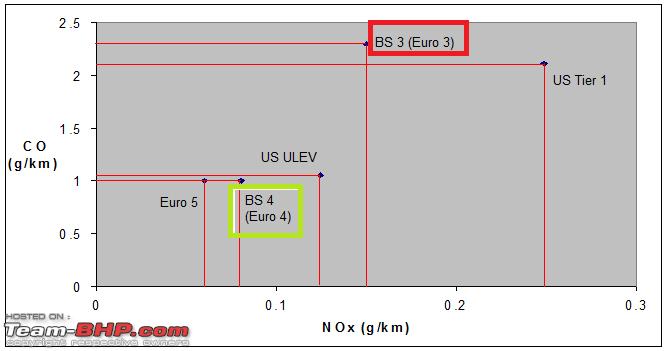| | #1 |
| BHPian Join Date: Jun 2015 Location: Ghaziabad
Posts: 225
Thanked: 336 Times
| |
| |  (8)
Thanks (8)
Thanks
|
| |
| | #2 |
| BHPian Join Date: Nov 2016 Location: Kochi/Bangalore
Posts: 88
Thanked: 152 Times
| |
| |  (12)
Thanks (12)
Thanks
|
| | #3 |
| Team-BHP Support  Join Date: Apr 2016 Location: Mumbai
Posts: 1,833
Thanked: 21,776 Times
| |
| |  (36)
Thanks (36)
Thanks
|
| | #4 |
| BHPian | |
| |  (9)
Thanks (9)
Thanks
|
| | #5 |
| Senior - BHPian | |
| |  (5)
Thanks (5)
Thanks
|
| | #6 |
| Distinguished - BHPian Join Date: Apr 2013 Location: Beans Town
Posts: 1,847
Thanked: 8,351 Times
| |
| |  (7)
Thanks (7)
Thanks
|
| | #7 |
| BHPian Join Date: Mar 2017 Location: New Delhi
Posts: 72
Thanked: 68 Times
| |
| |  (5)
Thanks (5)
Thanks
|
| | #8 |
| BHPian Join Date: Sep 2006 Location: Santa Clara
Posts: 247
Thanked: 197 Times
| |
| |
| | #9 |
| BHPian Join Date: Nov 2005 Location: Hyderabad
Posts: 336
Thanked: 77 Times
| |
| |  |
| | #10 |
| BHPian Join Date: Jul 2013 Location: Pune
Posts: 78
Thanked: 50 Times
| |
| |  (1)
Thanks (1)
Thanks
|
| | #11 |
| BHPian Join Date: Jul 2007 Location: Delhi
Posts: 451
Thanked: 109 Times
| |
| |  (4)
Thanks (4)
Thanks
|
| |
| | #12 |
| BHPian Join Date: Mar 2017 Location: Kolkata
Posts: 555
Thanked: 1,986 Times
| |
| |  (1)
Thanks (1)
Thanks
|
| | #13 |
| Senior - BHPian Join Date: Jun 2006 Location: Tura
Posts: 1,592
Thanked: 1,423 Times
| |
| |
| | #14 |
| BHPian Join Date: Aug 2012 Location: McLeod Ganj
Posts: 342
Thanked: 294 Times
| |
| |
| | #15 |
| BHPian | |
| |  (4)
Thanks (4)
Thanks
|
 |
Most Viewed







 .
.